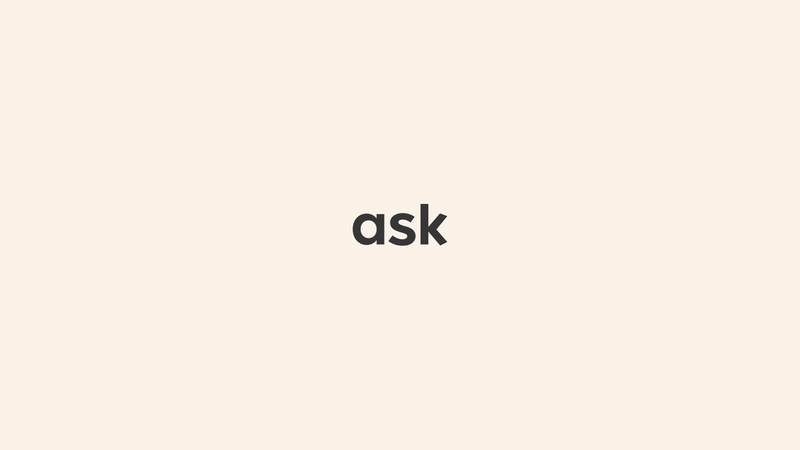How AI will change your team's knowledge, forever

AI is taking over, and the revolution could go two ways:
- The dark side: the GPT content creation boom will be like pumping fast fashion into the retail market - it will churn out tons of stuff quickly and cheaply, and cause a huge pollution problem in the meantime.
- The bright side: More quality content will be created by more people more easily. There will be fewer barriers to entry and greater understanding of all that has come before, Ultimately, there will be less noise on the internet.

The recent hype around GPT (OpenAI's Generative Pre-trained Transformer) has largely been around generation - after all, it's in the name.
And we're starting to see the dark side emerge: SEOs are cranking out keyword-based blog posts, students are "writing" essays on the rise of civilizations, and many predict AI will soon replace jobs in copywriting and journalism.
But the potential future of AI is too bright for it be used to create more junk.
When we built our latest feature, an AI assistant called Ask, which answers questions based on the documents stored in your workspace, we thought about the problems facing companies as they create content themselves, for consumption by their colleagues.
How do we slow down information pollution, and instead help people do their clearest and most focused thinking at work?
Creation + analysis
GPT, and other similar processors, are primarily discussed as “creativity” tools.
When we started building Ask, we asked ourselves something different: What if AI analyzed our existing data, instead of just creating more?
An analyst examines a particular subject in great detail in order to deliver insights and, where appropriate, opinions. Like political analysts or psychoanalysts, the goal of Ask is to take a big tangle of confusing (often conflicting) data, and break it down into small components. It then rearranges and, eventually, will make connections between those components that the team didn’t see before.
Analysis solves information overload + moves work forward
Analysis follows your ideas to their logical conclusion. Instead of filling your knowledge base with half-baked ideas and unfinished docs, analysis adds layers of meaning.
While teams will always need to create new docs, they can also continuously refresh and learn from existing docs in their knowledge base. Ask works with existing data - and delivers insights that are just as useful as a new idea or a new doc.

A peek under the hood: The tech behind Ask
Ask utilizes two types of advanced machine learning models – encoding transformers and generative ones. You're probably familiar with generative transformers already. Here's a little more info:

How AI can help you think
For now, Ask works extremely well for your "classic" knowledge base use case, and that's why we're opening our private beta already! But we're building it to do much more.
Like other GPT-powered tools, Ask does not replicate a human brain. It can’t think for you. It's merely a prism for viewing your thoughts in new ways.
But it can help you think.
Instead of asking new language models to do intellectual heavy lifting, they're better utilized as an assistant or colleague. Something to bounce ideas off of, and see those ideas reflected in different ways.

Thinking of AI as a collaborator reduces the risk of repeating yourself a million times in different ways. The voice of Ask, while it sounds unique, is not always going to add substance to an ongoing project or discussion. Check its logic before incorporating its answers into the company roadmap.
AI can help unblock you and suggest solutions. You’ll stay on top of your content while considering ideas from different angles. Ultimately, you’re in control of the quality of the final outcomes.
Harness the power of collective wisdom
These exciting developments contribute to the higher goal of knowledge management overall: to harness the power of collective wisdom gained over time.
Store that accumulated knowledge in one central location, give access to as many people as possible, and voila, you've built an environment where everyone can learn.
There's no shortcut to wisdom, and it will be more abundant if it’s created and shared by a group. A group that now happily includes robots. Cheers to the revolution.
Speaking of collective wisdom
Get your guide to knowledge management here →

Written by Christophe Pasquier
Christophe Pasquier is Slite’s co-founder and CEO. Chris’ goal is to help teams do incredible work in better environments, by helping them embrace remote work and async communication. He currently lives in Berlin with his wife and baby Noé. Find him @Christophepas on Twitter!


